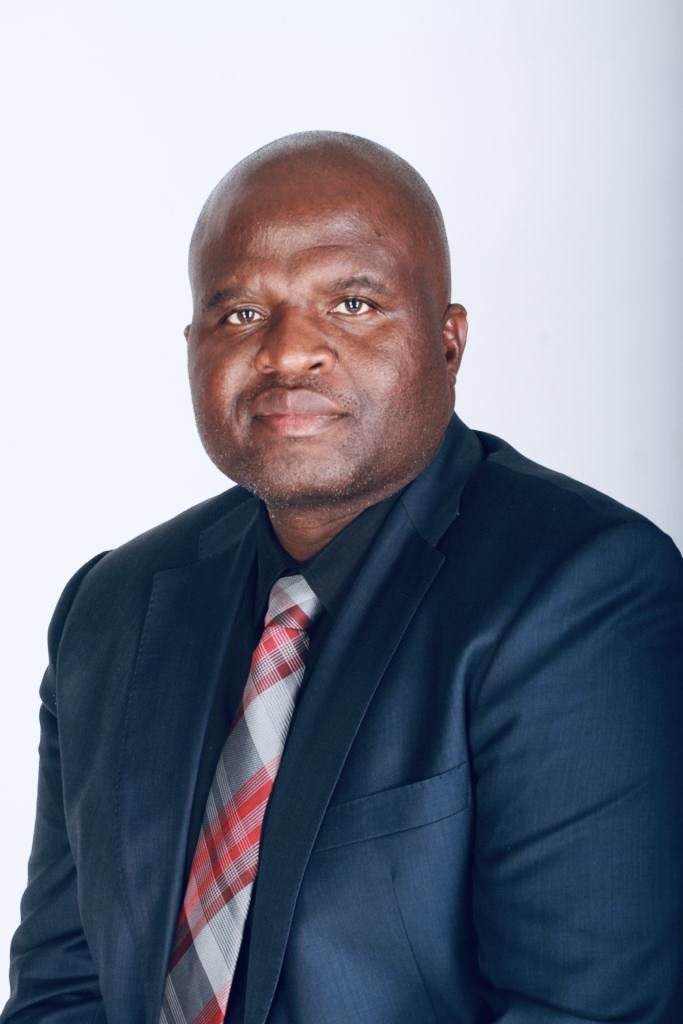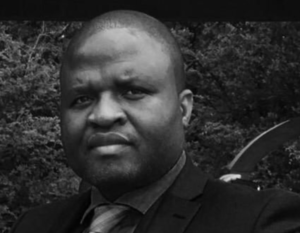In its “General history of Africa, VII: Africa under colonial domination, 1880-1935” which was edited by Albert Adu Bohen, the International Scientific Committee for the drafting of a General History of Africa describes the Rudd Concession as the “conspiratorial deception” of Lobengula masterminded by the British South Africa Company, the Anglican Missionary Society and British imperial interests. As an aside, this history series, written by Africans from African eyes, is a must have in any home library.
Some 133 years after the fruits of this deception rolled its wagons into our prodigious lands under the name of the “Pioneer Company”, today we celebrate 43 years of independence. For 90 long years we toiled under the yoke of bondage and servitude, never submitting, always resisting.
Over the past few weeks, we have seem some in this county who think that this day, today, must be soiled with demonstrations and protest. Regime change outfits that employ foreigners (including many that look like every single member of the Pioneer Column and not us), have been agitating until the last minute that it was appropriate to march against perceived wrongs of the government on this day.
These people do not know, and these people do not understand, just how much of a better bargain independence was to what we had. It is important that they should seek knowledge, and fast.
Because, in 1980, in 1970, in 1969, in 1955 or in 1894, if anyone of our people had been offered a choice between independence with what we have now: the potholes, the broken electricity grid, the rampant corruption, the useless currency, everything; and colonial subjugation, the only rational choice would have been independence. Even knowing what we know, knowing just how bad things would get after independence, our people would have still chosen independence over the yoke of colonialism.
A few years after the deception, Lobengula had been driven into exile and death, the Pioneer column had set up their flag at Harari Hill and called it their own and Charwe, the host for the spirit of Nehanda had swung from the tree, decorating it with so many of her compatriots that Robert Baden-Powell, founder of the Boy Scouts movement gleefully referred to the tree and it’s hanging bodies “the Christmas Tree”.
Mapondera was no more, Murenga was gone, Kaguvi too, and Chaminuka a memory. The brave impi that stood in the middle of the raging Shangani River and repaid it with many of their comrades’ blood while stopping Alan Wilson and his platoon of looters from chasing their Nkosi was erased from history: the colonial state memorialising the looters with the racist lie that “there were no survivors”.
And that same colonial state went about taking what was not theirs, occupying what they did not own, and renaming what they did not understand. In torrid unending minutes that became hours, hours that became days, days that became weeks, weeks that became months, months that became years, years that became decades (as Mzwakhe Mbuli would say), our toil added pain upon pain as insult built upon insult.
Our land was taken. Our leaders killed. Our culture and ways crushed. Cecil John Rhodes (cursed be his name), had written a will, that he, and only he, would be buried at Matopo, a sacred place desecrated with the bones of a perfidious son of Scotland. No such honour for Charwe, Kaguvi, their heads sent to museums in Britain as trophies. Gone. Chaminuka was gone, Murenga, Mapondera, all gone.
Then came the dark years, of subjugation, of toil, of servitude. The ancestors watched and wept in their graves as their children endured the sjambok during the day and knelt in supplication to their oppressor’s god by night.
In 1923, the colonial power used its highest court to cement our dispossession with a declaration that every piece of land in this country belonged to them because we were too stupid to understand that which we had. A legal decision, still unrepudiated by those that would today seek to lecture us on human dignity, a decision by the highest court in the empire saying whoever owned our land, “the natives do not”.
“Some tribes are so low in the scale of social organization that their usages and conceptions of rights and duties are not to be reconciled with the institutions or the legal ideas of civilized society. Such a gulf cannot be bridged. It would be idle to impute to such people some shadow of the rights known to our law and then to transmute it into the substance of transferable rights of property as we know them.”
Then our people fought once more.
Now, you hear irresponsible people talking about the Rhodesian settlers’ war dead, claiming that ohh, there were only a few hundreds killed, so it was never really a war. As if the objective of our struggle was ever about competing for kill points with an empire that had a (woefully conservative estimated) 15 million murdered headstart from the slave trade.
The objective of the war of liberation was never to kill Rhodesians, but to remove them and their farms from our land. To remove their state from our country.
Now, 43 years after independence, we hold both our land and the state. Measured against its goals, the war of liberation was a total success. 100%.
I know that there is a lot of people that will say we have damaged the country. That we have failed to run it well. That we have ruined the economy, that our institutions are rotten, that we are reinventing the Stone Age. Still, knowing that was what was coming, I would still choose independence over the colonial state. As would all patriotic Zimbabweans.
It is like President Robert Mugabe said: “the fact that the person that stole my car has a driving licence and I don’t does not justify him keeping it.”
Tomorrow, we can argue. Others can emulate Albert Adu Bohen and interpret things differently but today, on the occasion of our independence, I am even allowed to call him Robert Gabriel Mugabe, the Great Liberator.
Tinomudaishe Chinyoka is a Harare based Advocate

